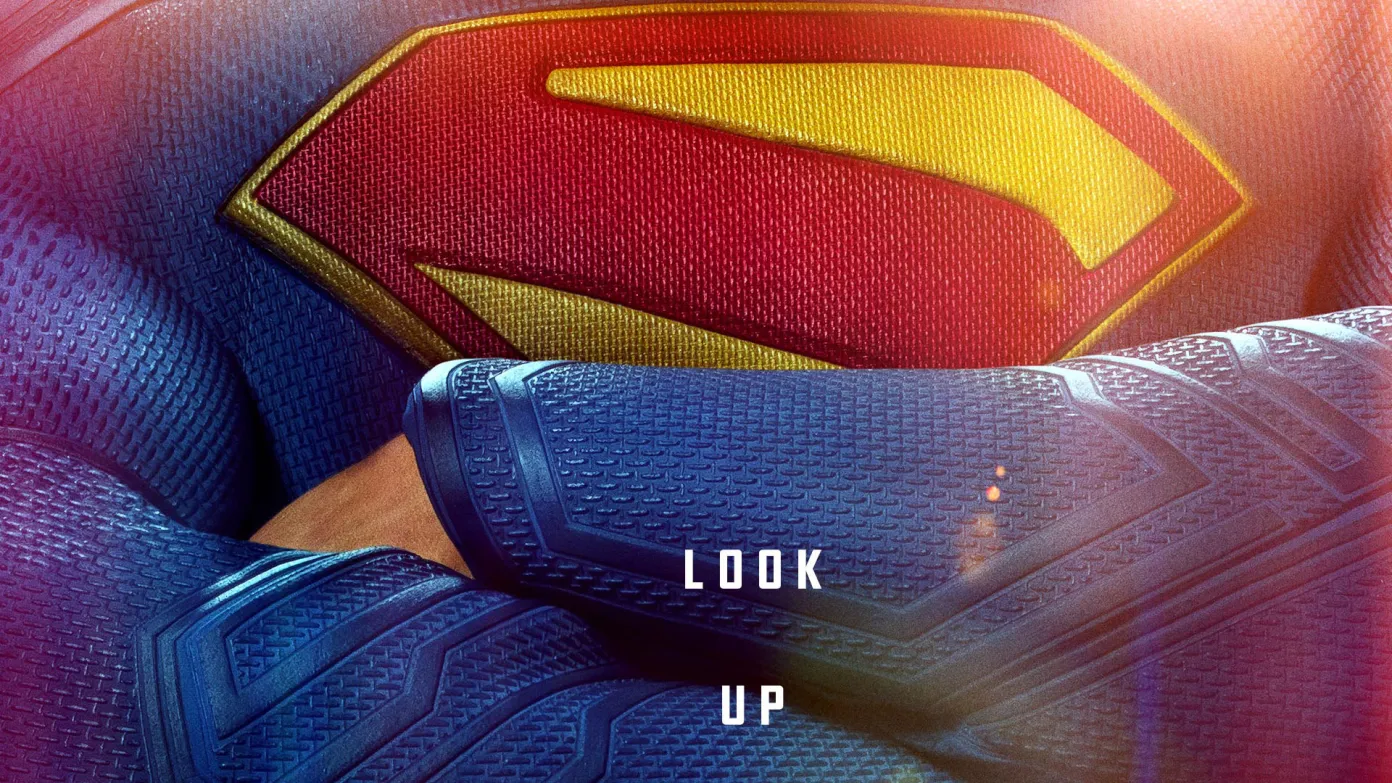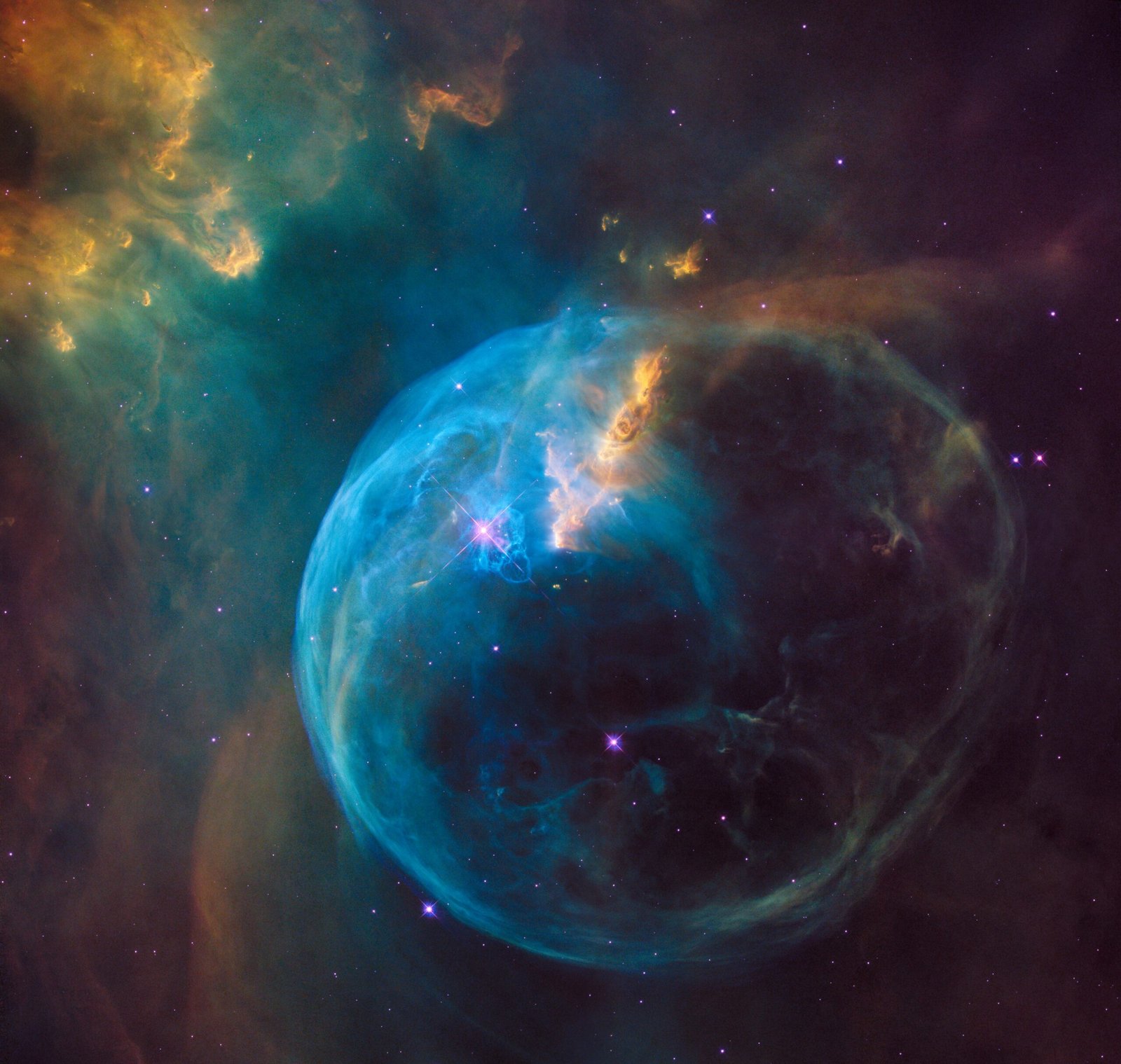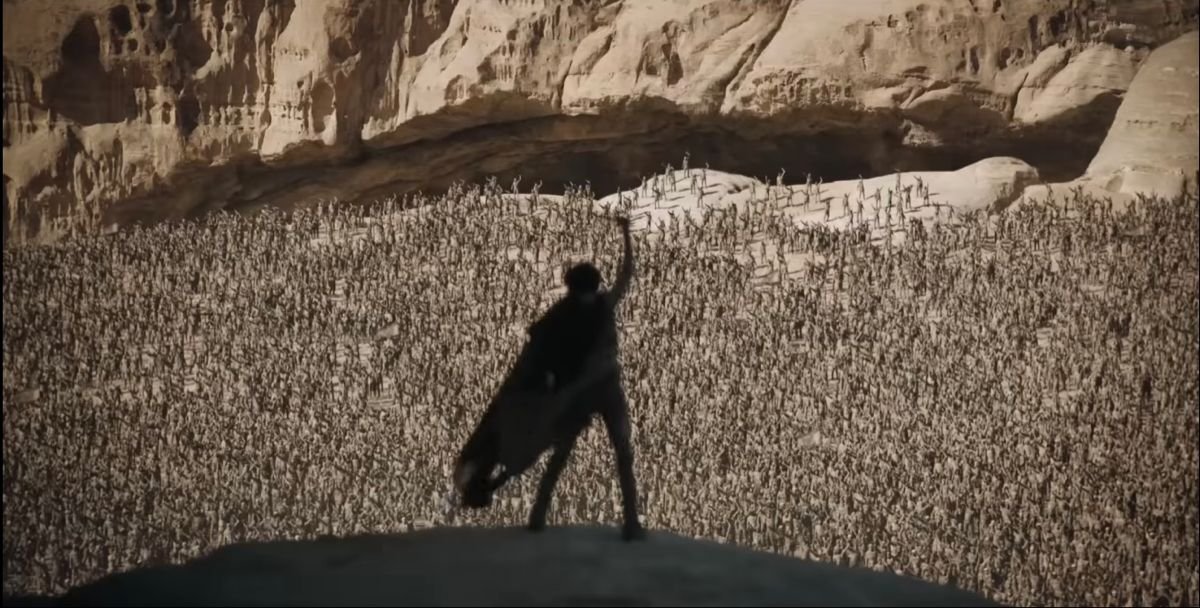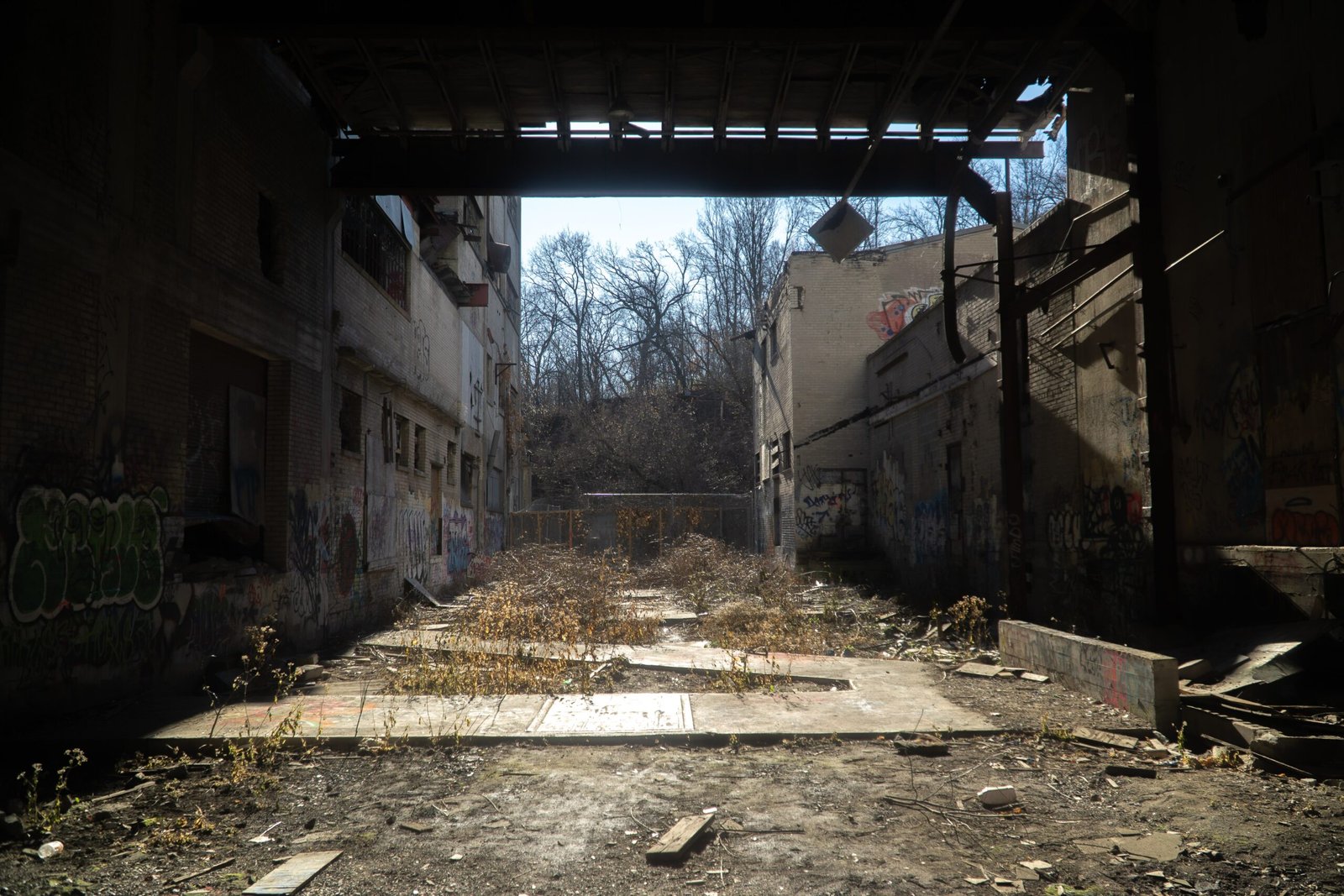The new Superman film has sparked wide conversation due to its political themes. Some have found it refreshing; others dismiss it as another tedious entry in the ‘woke’ agenda. While the film doesn’t completely stick the superhero landing in its messaging, it succeeds in posing important questions about what individuals can do when political structures fail.
Firstly, I think it’s important to address a feeling of fatigue that has emerged in debates surrounding the film. Critics of the political messaging of the film have argued that Superman falls into a tiring trend of entertainment forcing itself to be political. Yet, when has entertainment not been political? Even when it’s not overt or in-your-face, films always reflect something about politics. That’s because films don’t exist in a vacuum – they reflect the everyday political realities that shape how creators see power, freedom, and justice.
The entire superhero genre is inherently political. In saving the day, superheroes represent a remedy for when the arms of the state, the police and the justice system, fall short. In Superman, this issue is opened up even further beyond one country, raising questions about global politics.
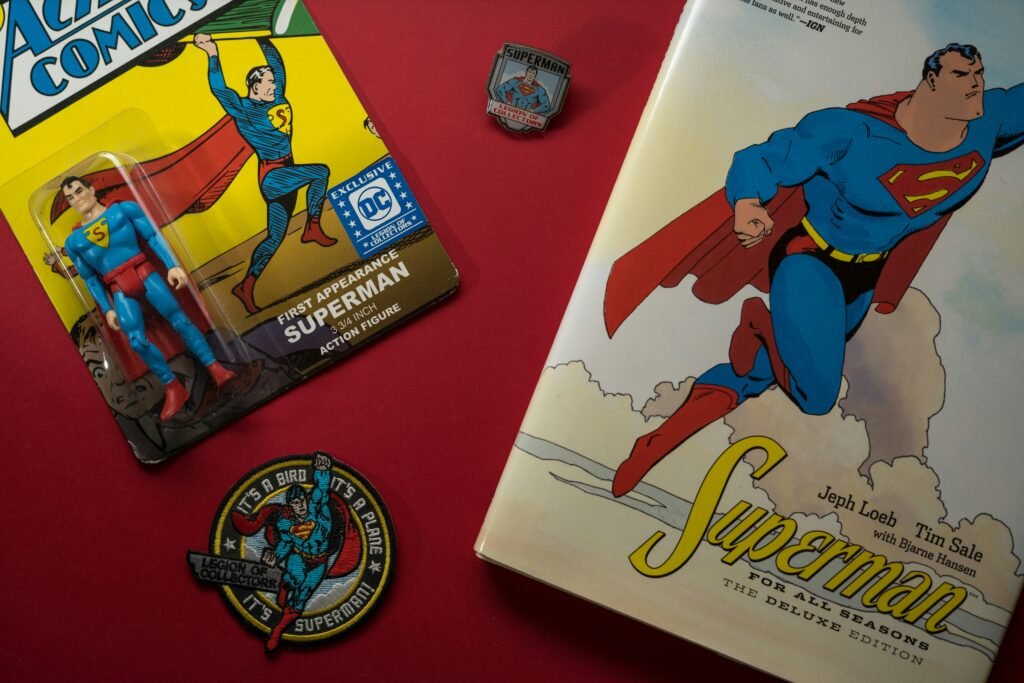
As the backdrop that sets the film in motion, we learn that Superman has unilaterally intervened in an international conflict between two fictional countries known as Boravia and Jarhanpur. Several parallels suggest that this conflict can be interpreted as an allegory for Israel’s ongoing occupation and the suffering of Palestinians.
Although James Gunn has denied that he wrote the film with the Middle East in mind, the similarities are apparent. Boravia is presented as an oppressive state with an advanced military going up against an impoverished and unarmed Jarhanpur. As the plot develops, we also learn that Boravia is implementing a settler-colonial project to take land away from Jarhanpur. Their official justification for excessive use of force also feels suspiciously dubious. They seek to ‘liberate’ Jarhanpur from internal threats while dismantling the very lives of innocent civilians in the process.
In the face of this injustice, Superman emerges as a voice of morality. In many ways, Superman feels like a politician in the film, albeit a highly idealised one. He holds the Boravian President, Vasil Ghurkos, to account by flying him to the desert and dropping him on a cactus. It’s comical, yes, but it also carries the threat of real consequences. In a world where political sanctions often lack bite, Superman’s boldness leaves no room for negotiation.
Superman’s impassioned pleas to not turn a blind eye to injustice also draw audiences to his charisma. Yet, like politicians in our everyday life, Superman finds out that fame can so quickly turn to infamy. The film’s antagonist, Lex Luthor, stages a smear campaign to discredit Superman and the public’s view of him as a media darling. At one point, Superman gets verbally and physically abused by angry dissenters. That’s the best indicator that his approval ratings had reached an all-time low.
In having his name unfairly tarnished, the film also explores the issue of xenophobia at a national level. Through Lex Luthor’s scheming, we get reminded that Superman is ‘alien’ and different from all US citizens. While he is ostracised out of fear of his superpowers, there is something more grounded in our reality to be said about the fear that newcomers cannot mesh into a new society. The film shows that this fear is unfounded through Superman’s alter ego, Clark Kent, who works and integrates into Metropolis society like any other citizen.
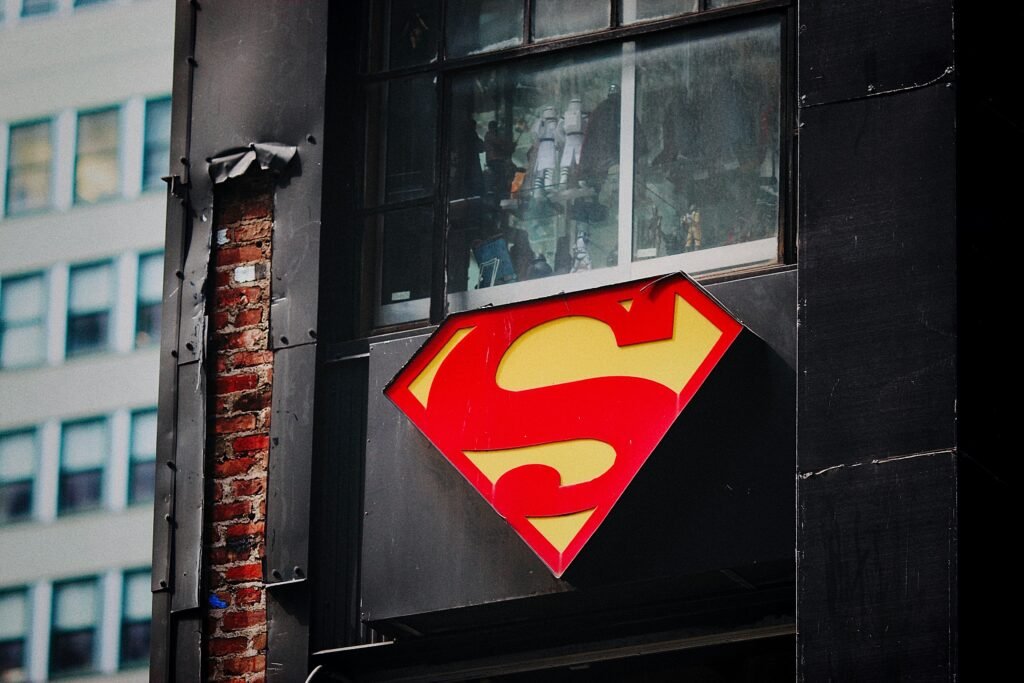
The film’s critique of nation-states and the international order is not flawless. In exploring the power asymmetry between Boravia and Jarhanpur, the film elects to have people from Jarhanpur call out for Superman in their time of need. This call, while in line with what you can expect from a superhero film, reinforces a white saviour trope that blunts the film’s ambitious political commentary. It leads to a simplistic climax that rehashes the convenient ‘superhero saves the day’ trope. Granted, in this case, it is Superman’s superhero allies that come to Jarhanpur’s rescue at a point in the film where he is imprisoned under false pretences. All the same, by leaning into the grand figure of Superman as the solution to what very much is a real-world problem, the film is a step away from making a truly incisive reflection. Stories that centre the agency of oppressed people or highlight the courage of everyday people against injustice remain underexplored in Hollywood blockbusters.
Like any big-budget film in the genre, Superman is primarily a superhero film. It offers political commentary, but only to a point. That said, it manages to provide a sense of hope for global politics by reminding us that individual agency matters. Although none of us is Superman, we each have a voice that we ought to project even when times feel dire.

